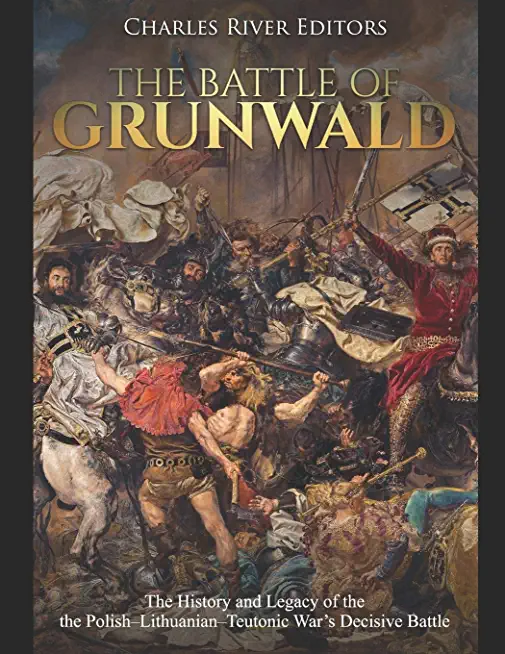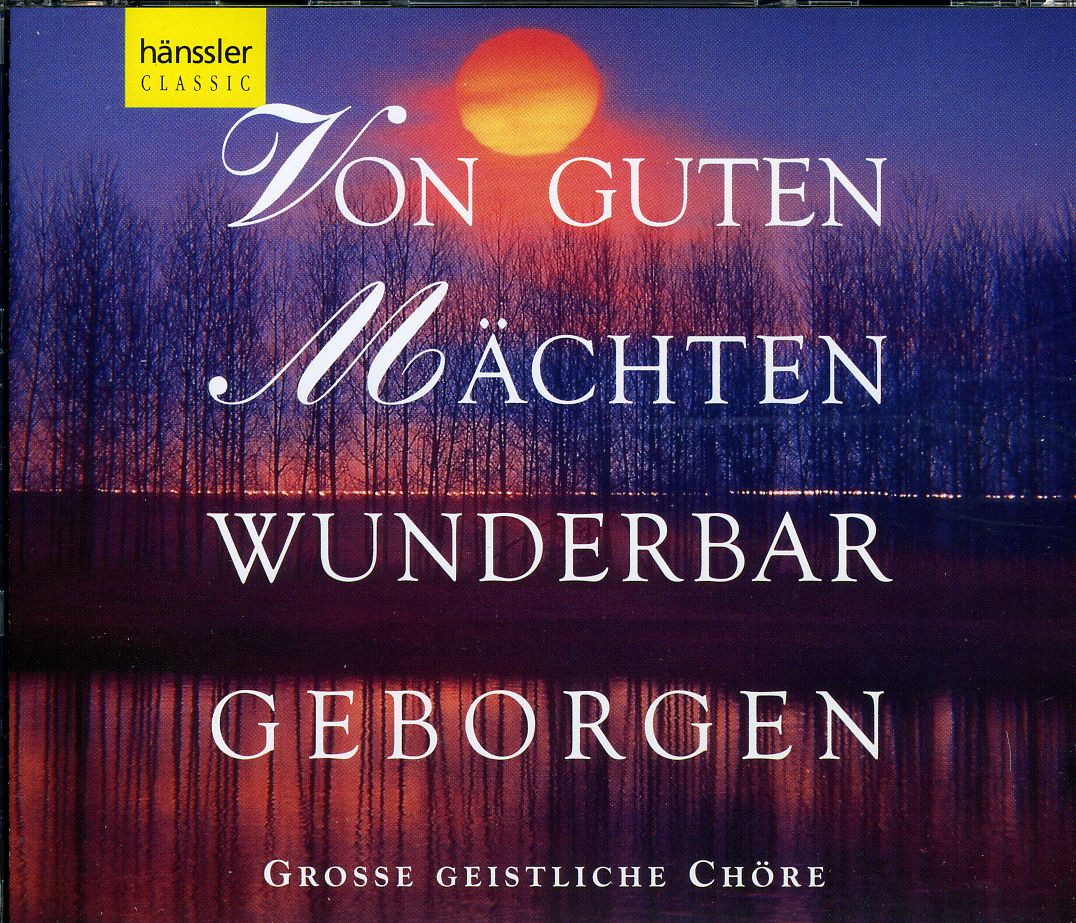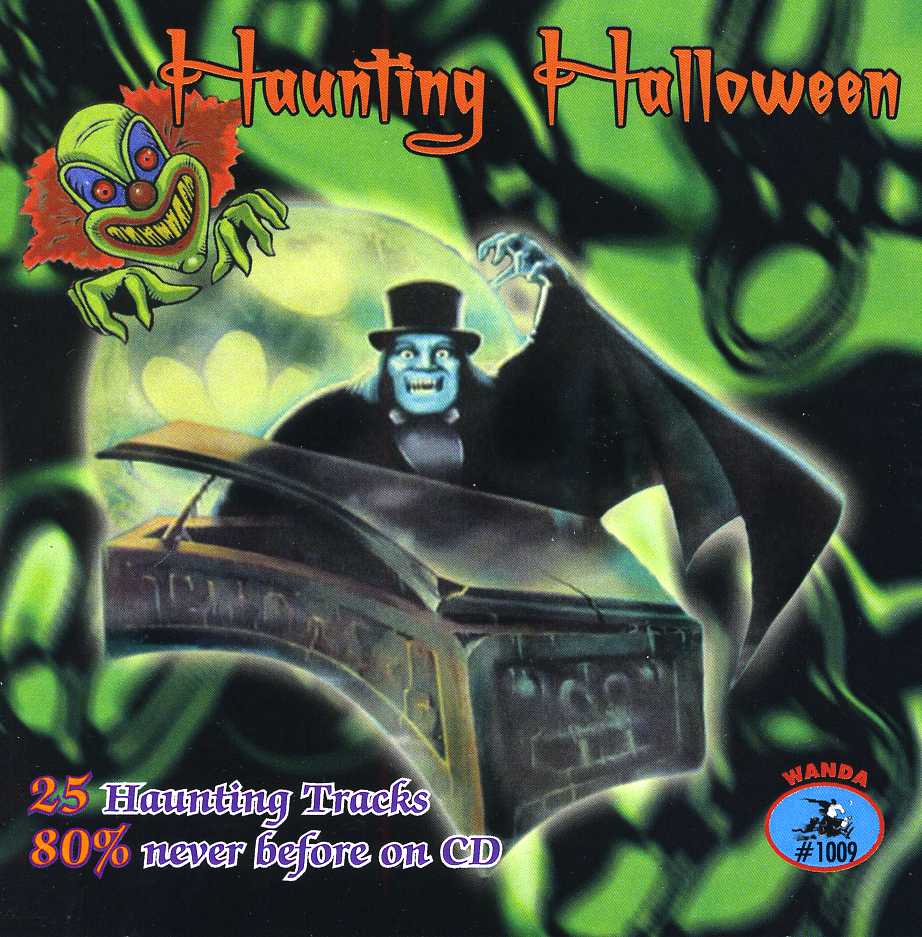
Charles River Editors
product information
description
4*Includes pictures
*Includes a bibliography for further reading
"We accept the swords you send us, and in the name of Christ, before whom all stiff-necked pride must bow, we shall do battle." - PolishKing Vladislav II
As the dissipating fog gave way to an unnerving sight, the mass of frightening figures clad head to toe in gleaming armor would have been enough to take anyone's breath away. Some of them were mounted on the backs of handsome stallions, while others leaned forward with squared shoulders, ready to attack. In one swift motion, the men unsheathe their swords and raise it over their heads, their weapons winking as the glare of the sunlight bounces off the blade.
To the somewhat trained eye, these warriors in Norman-inspired gear would have appeared to be one of the Crusader forces, but it is that bold black cross painted across their chests and shields that give them away. These men were none other than the fabled Teutonic Knights. The knights of the Teutonic Order have since been compared to the surreal creature that appeared to the biblical Ezekiel, one that bore 2 faces - one of a man's, and one of a lion's. The human side of the creature is said to symbolize the order's charity, whereas the lion was a metaphor for its valor and gallant spirit, which they relied on to vanquish the heathens of the world.
Like other secretive groups, the mystery surrounding the Teutonic Knights has helped their legacy endure. While some conspiracy theorists attempt to tie the group to other alleged secret societies like the Illuminati, other groups have tried to assert connections with the Teutonic Knights to bolster their own credentials. Who they were and what they had in their possession continue to be a source of great intrigue even among non-historical circles.
While the military orders are now often tied to religion or conspiracy theories, they did once wield great power and influence in Europe, and their actions had consequences centuries after they had reached their peak. This was made clear in the wake of a major battle fought between German and Russian forces from August 26-30, 1914 during the First World War. It occurred in Masuria, a region of marshes, woodland, and numerous lakes in northern Poland, almost 400,000 men were involved, and it was a decisive victory for the Germans, who annihilated the Russian army. The Germans named the battle after Tannenberg (Polish Stebark), and the battle, though widely fought over 100 miles, did indeed encompass the village, but there was a historical reason for assigning the name to the battle. On July 15, 1410, Tannenberg was the site of another decisive battle between the army of the Germanic Teutonic Order and that of Poland-Lithuania, a battle now commonly referred to as the Battle of Grunwald (after another nearby village). German nationalism saw the destruction of the Russians as vengeance upon the Slavs for the defeat of 1410, and the Nazis also exploited that sentiment during their invasions of Poland and Russia. Conversely, for Poles and Russians, the Teutonic Knights were precursors of the rapacious Germans of the Second and Third Reichs, and Grunwald was a symbol of freedom and resistance. These sentiments remain strong to this day.
These considerations aside, the Battle of Grunwald was significant for a number of reasons. It marked the end of the German colonization of Slavic and Baltic lands in northeastern Europe that had begun in the 12th century. It therefore also marked the beginning of an age when the Slavic (principally the Polish) peoples could grow and expand without interference from the West. The battle also signified the end of the Teutonic Knights as a major power and marked the rise of the Polish-Lithuanian Commonwealth.
*Includes a bibliography for further reading
"We accept the swords you send us, and in the name of Christ, before whom all stiff-necked pride must bow, we shall do battle." - PolishKing Vladislav II
As the dissipating fog gave way to an unnerving sight, the mass of frightening figures clad head to toe in gleaming armor would have been enough to take anyone's breath away. Some of them were mounted on the backs of handsome stallions, while others leaned forward with squared shoulders, ready to attack. In one swift motion, the men unsheathe their swords and raise it over their heads, their weapons winking as the glare of the sunlight bounces off the blade.
To the somewhat trained eye, these warriors in Norman-inspired gear would have appeared to be one of the Crusader forces, but it is that bold black cross painted across their chests and shields that give them away. These men were none other than the fabled Teutonic Knights. The knights of the Teutonic Order have since been compared to the surreal creature that appeared to the biblical Ezekiel, one that bore 2 faces - one of a man's, and one of a lion's. The human side of the creature is said to symbolize the order's charity, whereas the lion was a metaphor for its valor and gallant spirit, which they relied on to vanquish the heathens of the world.
Like other secretive groups, the mystery surrounding the Teutonic Knights has helped their legacy endure. While some conspiracy theorists attempt to tie the group to other alleged secret societies like the Illuminati, other groups have tried to assert connections with the Teutonic Knights to bolster their own credentials. Who they were and what they had in their possession continue to be a source of great intrigue even among non-historical circles.
While the military orders are now often tied to religion or conspiracy theories, they did once wield great power and influence in Europe, and their actions had consequences centuries after they had reached their peak. This was made clear in the wake of a major battle fought between German and Russian forces from August 26-30, 1914 during the First World War. It occurred in Masuria, a region of marshes, woodland, and numerous lakes in northern Poland, almost 400,000 men were involved, and it was a decisive victory for the Germans, who annihilated the Russian army. The Germans named the battle after Tannenberg (Polish Stebark), and the battle, though widely fought over 100 miles, did indeed encompass the village, but there was a historical reason for assigning the name to the battle. On July 15, 1410, Tannenberg was the site of another decisive battle between the army of the Germanic Teutonic Order and that of Poland-Lithuania, a battle now commonly referred to as the Battle of Grunwald (after another nearby village). German nationalism saw the destruction of the Russians as vengeance upon the Slavs for the defeat of 1410, and the Nazis also exploited that sentiment during their invasions of Poland and Russia. Conversely, for Poles and Russians, the Teutonic Knights were precursors of the rapacious Germans of the Second and Third Reichs, and Grunwald was a symbol of freedom and resistance. These sentiments remain strong to this day.
These considerations aside, the Battle of Grunwald was significant for a number of reasons. It marked the end of the German colonization of Slavic and Baltic lands in northeastern Europe that had begun in the 12th century. It therefore also marked the beginning of an age when the Slavic (principally the Polish) peoples could grow and expand without interference from the West. The battle also signified the end of the Teutonic Knights as a major power and marked the rise of the Polish-Lithuanian Commonwealth.
member goods
No member items were found under this heading.
listens & views

VON GUTEN MDCHTEN WUNDERBAR GEBORGEN ...
by VON GUTEN MDCHTEN WUNDERBAR GEBORGEN / VARIOUS
COMPACT DISC$17.75
Return Policy
All sales are final
Shipping
No special shipping considerations available.
Shipping fees determined at checkout.






